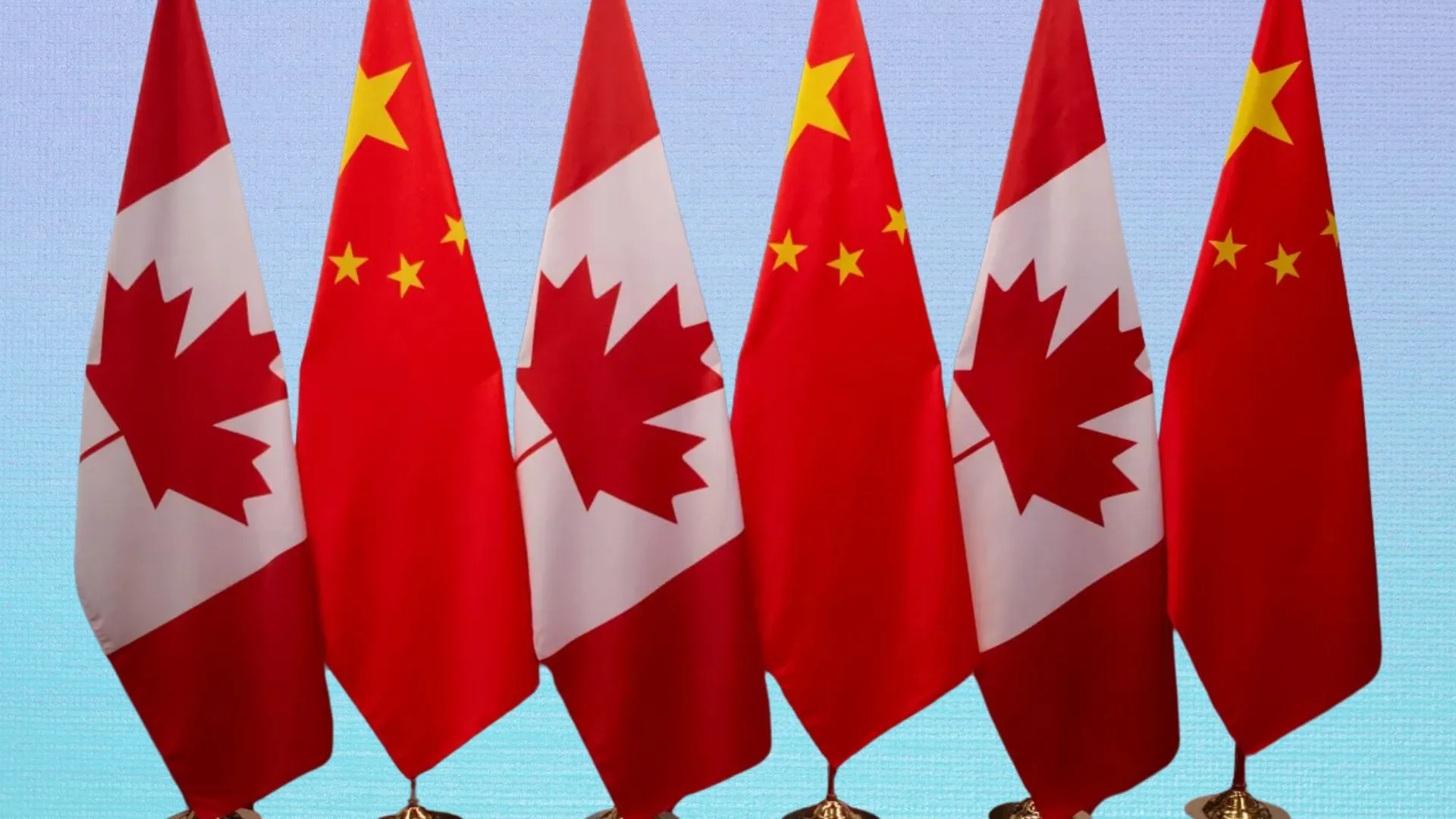The Jammu and Kashmir Assembly Elections of 2024 mark a significant political event, being the first since the abrogation of Article 370. With voting scheduled in three phases—September 18, 25, and October 1—the election sees over 219 candidates vying for 90 Assembly seats. This high-stakes contest includes key players like the BJP, Congress-National Conference (NC) alliance, and the People’s Democratic Party (PDP), as well as independent candidates and other regional parties.
This election witnesses a fierce contest among several major parties. The BJP, led by prominent candidates such as Er. Syed Showkat Gayoor Andrabi in Pampore and Jawed Ahmad Qadri in Shopian, is eyeing strategic wins, particularly in the Jammu region. The Congress, although slower to kick-start its campaign, has partnered with NC in several constituencies. The NC is contesting 51 out of the 90 seats, while Congress is fielding candidates in 32 seats. In some areas, particularly in Jammu, they are facing friendly competition.
Key Candidates to Watch
Challenges for the Congress & BJP
The Congress has faced several setbacks leading up to the election, including delays in releasing their manifesto and a lack of visibility from senior leadership. While Rahul Gandhi made a notable appearance in Ramban, the party’s campaign has lacked momentum compared to the BJP’s aggressive strategy, which has seen major rallies led by Prime Minister Narendra Modi and Home Minister Amit Shah. Congress has promised the restoration of statehood for J&K and a return to a bi-cameral legislature. However, its internal challenges and delays may impact its performance.
The BJP is focusing heavily on Hindu-majority Jammu, where the recent delimitation process has given it an advantage. With the number of Assembly seats in Jammu increasing to 43 from 37, this has boosted the BJP’s prospects. In contrast, the number of seats in the Kashmir Valley has marginally increased to 47, from 46.
While the BJP is not contesting all the seats in Kashmir, it hopes to benefit from a divided vote share between the NC, PDP, and smaller parties. The BJP has also targeted specific constituencies such as Gurez, Tangdhar, Uri, and Anantnag West, aiming for incremental gains.
Why BJP Skipped 28 Seats in Kashmir?
In a tactical move, the BJP has decided not to field candidates in 28 seats in the Valley, aiming to focus on areas where they see stronger chances of success. The party hopes that a divided opposition in Kashmir will work in their favor. Despite its strategic advantages in Jammu, the BJP faces challenges in the Kashmir region, where its popularity has declined. In the 2019 elections, the BJP secured 46% of the vote share, but this has dropped to 24.4% in 2024. Infighting within the party, particularly over ticket distribution, has also created hurdles, with several leaders expressing discontent over decisions to field candidates who have defected from Congress and PDP.
Additionally, recent militant attacks in Jammu could pose security concerns, potentially affecting voter turnout and party performance in the region.
The upcoming J&K elections promise a closely watched political battle. While the BJP holds a strategic edge in Jammu, thanks to delimitation and focused campaigning, it faces challenges in Kashmir, including declining voter support and internal party conflicts. Congress, despite its partnership with NC, is grappling with campaign delays and leadership issues. The results, set to be declared on October 8, will reveal how these dynamics play out on the ground.






















